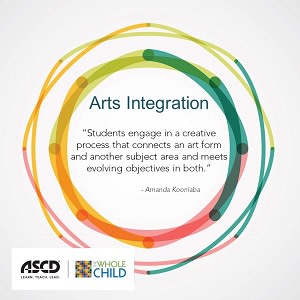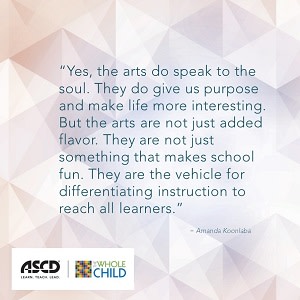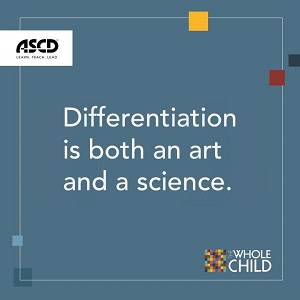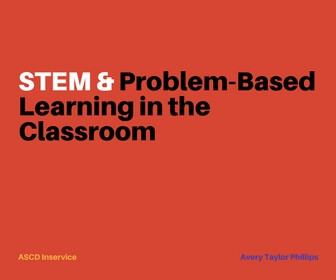This reading list accompanies a series of articles on how educators can support literacy by bringing knowledge-building into their classrooms (read the first, second, third, and fourth posts). Over the last few weeks, our group of 14 scholars wrote this literacy series in response to the growing “Science of Reading” conversation, which represents a robust appetite for understanding how children learn to read and write with the greatest success. Indeed, the rich conversations about the series have only affirmed educator interest in these topics, in all of their breadth and depth.
To help readers dive even deeper, members of our Scientific Advisory Committee were asked to identify a freely-accessible article that summarizes some of their literacy-related research. We believe these articles can serve as helpful companions to the 10 practical recommendations and the research cited in our four-part series.
This article focuses on the special difficulty exhibited by U.S. students in understanding complex text and discusses causes of and solutions to this problem.
Best, R., Ozuru, Y., Floyd., R., & McNamara, D.S. (2006). Children’s text comprehension: Effects of genre, knowledge, and text cohesion. In S. A. Barab, K. E. Hay, D. T. Hickey (Eds.), Proceedings of the Seventh International Conference of the Learning Sciences (pp. 37-42). Mahwah, NJ: Erlbaum. https://repository.isls.org/handle/1/3525 This study examines reading comprehension in 4th grade students as a function of text genre, students' prior knowledge, and text cohesion.
This article provides a comprehensive review of the science of learning to read, spanning the arc of a child’s acquisition of alphabetic skills to the fluent text comprehension characteristic of skilled readers. It argues for a classroom approach to reading instruction that is developmentally-informed and addresses the wide range of knowledge and skills needed to become a reader.
Reading comprehension is unlike other aspects of reading in that it is not a skill that can be reduced to a single score or improved by short-term instruction/intervention, this article argues. Rather it is a condition that is created by teaching fundamental reading skills in a content-rich integrated curriculum that provides background and language knowledge.
Exposure to print (reading volume) is a unique experiential factor, like schooling, that has long-term cumulative effects. A series of studies are described, which examine reciprocal effects of experience and schooling in children's early reading development and evaluate the subsequent cognitive consequences of differences in the volume of reading among individuals.
Duke, N. K., Ward, A. E., & Pearson, P. D. (2021). The science of reading comprehension instruction. The Reading Teacher, 74, 663-672. International Literacy Association. https://doi.org/10.1002/trtr.1993 This article addresses the question, “What have decades of research told us about the nature of comprehension and how to develop students’ comprehension in schools?” and presents a layered model of reading comprehension instruction with knowledge building at the center.
Goldenberg, C. (1991). Instructional conversations and their classroom applications. NCRCDSLL Educational Practice Reports. UC Berkeley: Center for Research on Education, Diversity and Excellence. https://escholarship.org/uc/item/6q72k3k9 "Instructional conversations" are discussion-based lessons geared toward creating opportunities for students' conceptual and linguistic development. They are intended to help students use knowledge and skills to understand, appreciate, and grapple with important ideas.
This article describes what it looks like to infuse science and social studies content into English language arts instruction in K-5 classrooms. Four high-impact knowledge-building practices are discussed: (1) plan units around content concepts, (2) use conceptually coherent text sets, (3) design hands-on activities in connection with reading, writing, and discussion, and (4) teach vocabulary using categorical relations among words.
This publication explores a few key findings on reading comprehension for educators, including how comprehension assessments may miss aspects of readers' comprehension abilities and how inferencing (and practice doing so) is integral to (improving) comprehension.
Reading motivation and engagement are malleable and shaped by children’s environments at school and at home. This article addresses practices that teachers and other practitioners can use to promote motivation in the classroom to boost reading achievement and foster lifelong readers.
The article makes the case for the importance of background knowledge for comprehension.





